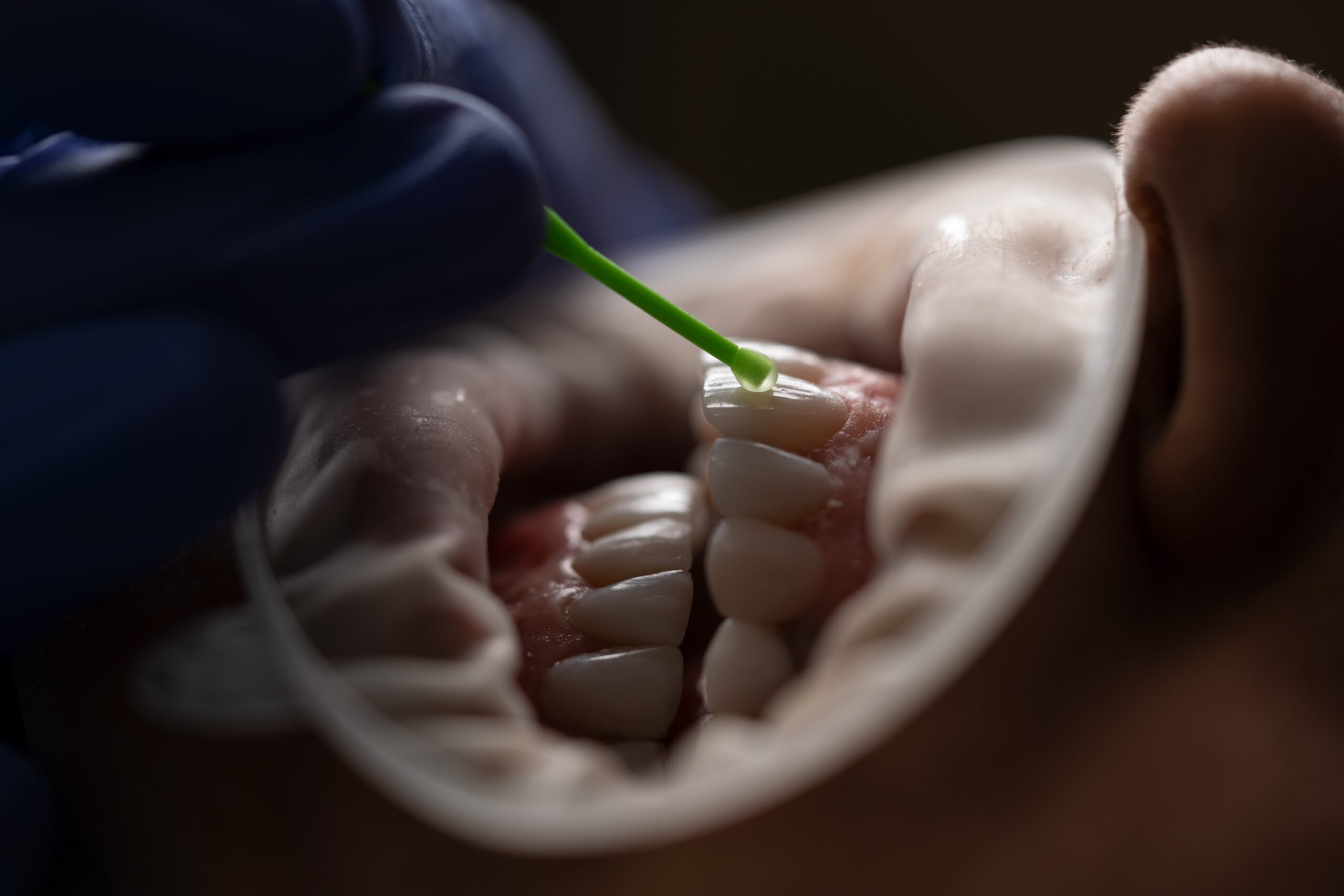Sensitive Teeth? The Ultimate Guide to Causes & Relief

Tooth sensitivity is a common dental issue that affects millions of people worldwide. It can cause discomfort and pain, making it difficult to enjoy everyday activities like eating and drinking. Understanding the causes, symptoms, and solutions for tooth sensitivity is crucial in managing this condition effectively. In this comprehensive guide, we will explore the various aspects of tooth sensitivity, providing clear and concise information backed by credible sources.
Causes of Tooth Sensitivity
There are several factors that can contribute to tooth sensitivity. The most common cause is exposed dentin, which occurs when the protective enamel on the outer layer of the tooth wears down, exposing the underlying dentin. Other causes include gum recession, tooth decay, cracked teeth, and dental procedures such as tooth whitening or fillings. Understanding these causes can help individuals identify potential triggers and take preventive measures.
Symptoms of Tooth Sensitivity
The primary symptom of tooth sensitivity is a sharp, sudden pain or discomfort when the affected tooth comes into contact with hot, cold, sweet, or acidic foods and beverages. Some individuals may also experience sensitivity to air or touch. It is important to note that tooth sensitivity can vary in intensity and frequency depending on the underlying cause and individual factors.
Home Remedies and Self-Care
While it is always recommended to seek professional dental advice for tooth sensitivity, there are some practical tips and home remedies that can provide temporary relief. These include:
- Using a soft-bristled toothbrush and gentle brushing technique to avoid further enamel erosion
- Using desensitizing toothpaste that contains ingredients like potassium nitrate or strontium chloride
- Avoiding acidic foods and beverages that can further irritate sensitive teeth
- Using a mouthguard to prevent teeth grinding, which can worsen tooth sensitivity
- Practicing good oral hygiene, including regular flossing and rinsing with fluoride mouthwash
Professional Treatment Options
If home remedies do not provide sufficient relief or if the tooth sensitivity is severe and persistent, it is advisable to seek professional dental help. Dentists may recommend various treatment options based on the underlying cause of tooth sensitivity. These may include:
- Applying fluoride varnish or gel to strengthen the enamel and reduce sensitivity
- Using dental bonding or a dental sealant to cover exposed dentin and protect the tooth
- Performing a root canal procedure if the tooth sensitivity is caused by an infection or nerve damage
- Prescribing desensitizing agents or medications to alleviate pain and discomfort
Prevention and Long-Term Management
Prevention is key in managing tooth sensitivity and maintaining oral health. Some preventive measures include:
- Using a soft-bristled toothbrush and avoiding aggressive brushing
- Using fluoride toothpaste and rinsing with fluoride mouthwash
- Maintaining a balanced diet and limiting the consumption of acidic and sugary foods and beverages
- Visiting the dentist regularly for check-ups and professional cleanings
- Addressing dental issues promptly to prevent further damage to the teeth and gums
Tooth sensitivity can be a frustrating and uncomfortable condition, but with the right knowledge and care, it can be managed effectively. By understanding the causes, recognizing the symptoms, and implementing appropriate solutions, individuals can alleviate pain and discomfort associated with tooth sensitivity. Remember, seeking professional dental advice is crucial for an accurate diagnosis and personalized treatment plan. Take control of your dental health and enjoy a pain-free smile!








